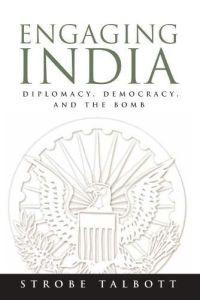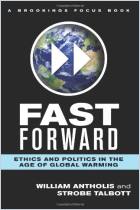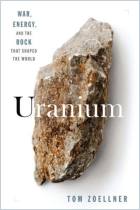Зарегистрируйтесь на getAbstract, чтобы получить доступ к этому краткому изложению.

Зарегистрируйтесь на getAbstract, чтобы получить доступ к этому краткому изложению.
Strobe Talbott
Engaging India
Diplomacy, Democracy, and the Bomb
Brookings Institution Press, 2004
Что внутри?
Enter the boardroom with U.S. diplomat Strobe Talbot. Be there as nuclear proliferation reshapes U.S.-India relations.
Recommendation
This memoir is a lucid account of one of the most important diplomatic episodes in recent history - the dialogue that opened between the U.S. and India subsequent to India’s atomic weapons test in 1998. Author Strobe Talbot, a lifelong diplomat, recaps the history of the India-Pakistan dispute, explains why Indian-U.S. relations were in deplorable condition, and leaves readers in no doubt about the importance of resolving the situation or about the difficulty of doing so. Talbot’s direct involvement in the diplomacy that restored U.S.-Indian relations was relatively brief, but it laid the foundation for a new level of cooperation and dialogue. getAbstract commends his deft portrait of high-level diplomacy in action.
Summary
About the Author
Strobe Talbott, president of the Brookings Institution, served as the United States’ deputy secretary of state from 1994-2001. Previously, he was a correspondent and columnist for Time magazine.
























Comment on this summary